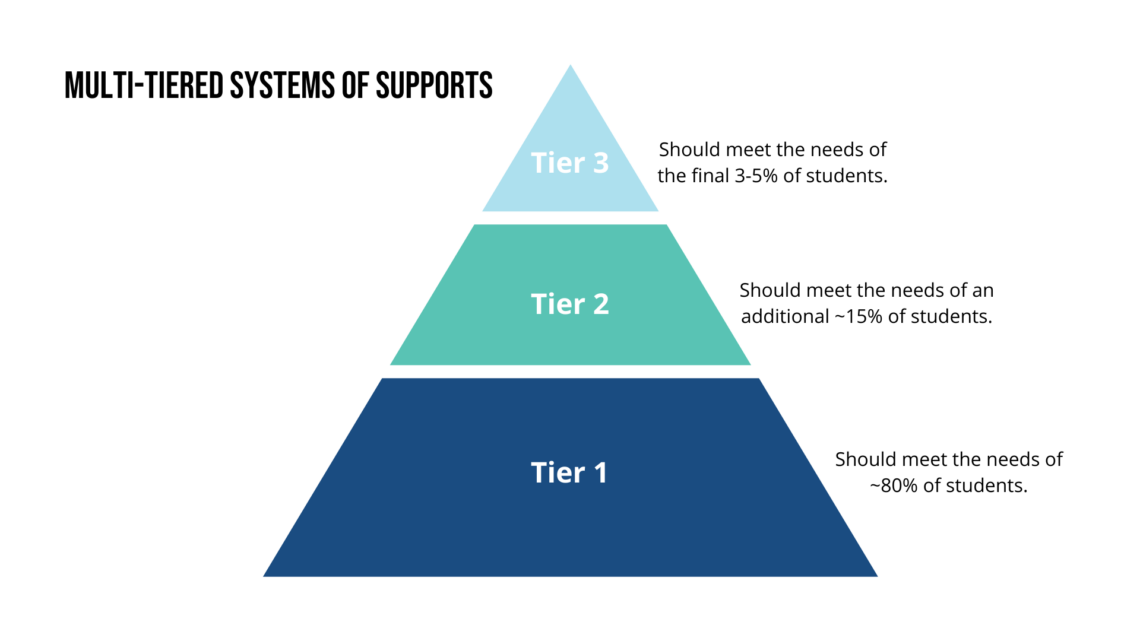Whole-Child Focus
MTSS frameworks provide students with comprehensive support and guidance to foster their academic, social, emotional, and physical development. Each system recognizes the influence of factors, such as cultural context and personal interests and talents.












